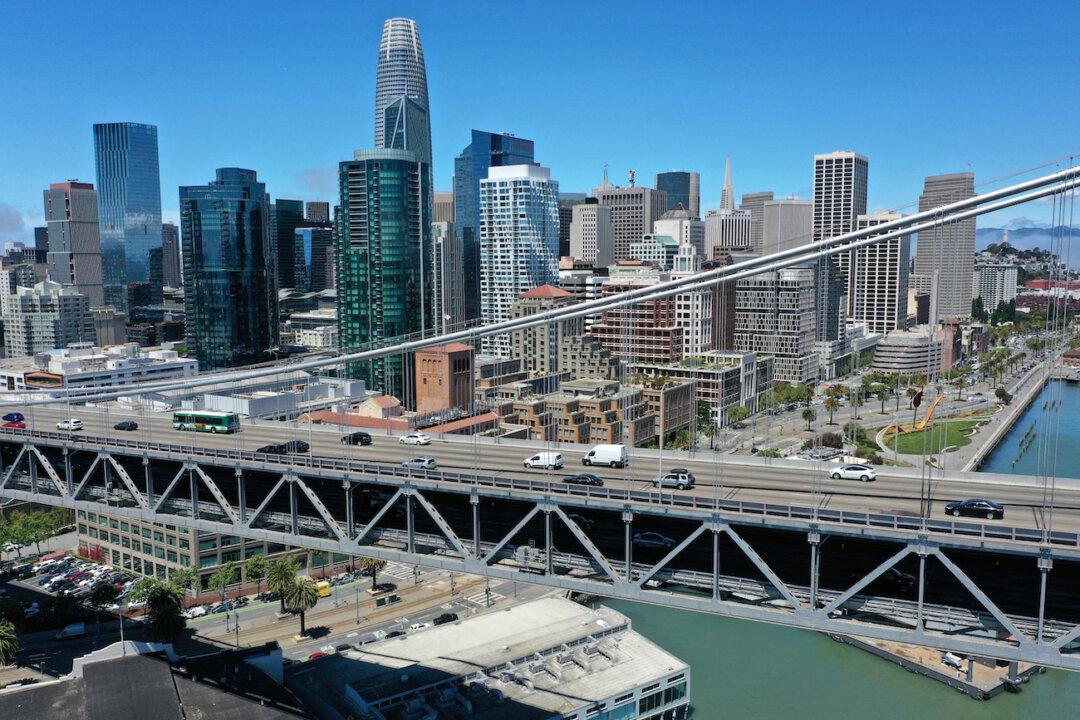San Francisco will require all city employees to be vaccinated for COVID-19 after the vaccines are granted full approval by the Food and Drug Administration (FDA), or else they may lose their jobs.
Local officials said on June 23 that the roughly 35,000 municipal workers will be required to be inoculated against the disease caused by the CCP (Chinese Communist Party) virus, with exemptions to be granted for medical or religious reasons.





